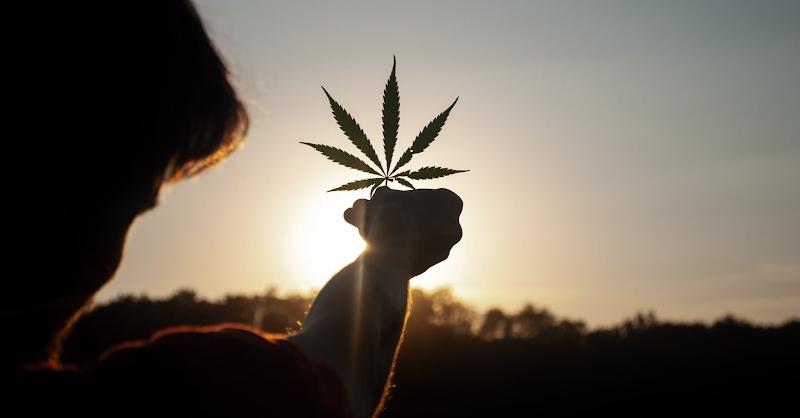The use of THC, the primary psychoactive component of cannabis, has been a subject of much discussion in both human and veterinary medicine. While humans may use THC for its therapeutic and recreational effects, the substance can have profoundly different effects on our canine companions. For humans, you can get the best products here https://trehouse.com/collections/thc-vape-pens/. Always be sure to choose the right brand before buying any THC products. Ensuring the high quality product is your responsibility. This article delves into the scientific nuances of how THC interacts with the brains of both species.
Understanding THC:
Tetrahydrocannabinol, or THC, interacts with the endocannabinoid system (ECS) — a complex network of receptors found in the brain and body of many animals, including humans and dogs. This system regulates various physiological processes, including mood, pain, appetite, and memory. THC binds to these receptors, altering normal brain function, which leads to the ‘high’ in humans.
THC’s Effects on the Human Brain:
In humans, the activation of ECS receptors by THC results in feelings of euphoria, altered sense of time, relaxation, and increased appetite, among other effects. For some, it also offers relief from chronic pain, reduces nausea, and stimulates appetite in conditions like cancer.
THC’s Effects on Canine Brains:
Dogs have a higher concentration of cannabinoid receptors in their brains, which means they are more sensitive to the effects of THC. Even small amounts that would have minimal effects on humans can be toxic to dogs. Instead of a calming effect, THC can cause disorientation, distress, and even lead to a state of static ataxia — where dogs cannot control their bodily movements.
The Risks of THC in Dogs:
The differing impact of THC on dogs includes a range of symptoms such as lethargy, breathing difficulties, abnormal heart rhythms, and loss of bladder control. In severe cases, it can lead to tremors, seizures, or even coma. Due to these risks, THC is generally considered unsafe for dogs and other pets. THC has worked for humans doesn’t mean that your canine will feel good too. Humans and pets have different reactions to CBD and THC products.
Responsible Use and Alternatives:
For humans choosing to consume THC, responsible use is key, which includes understanding individual tolerance and the substance’s effects. For dogs, however, the responsible choice is to avoid exposing them to THC. Pet owners looking for alternatives for their pets might consider CBD products specifically formulated for animals, which may offer some therapeutic benefits without the psychoactive risks associated with THC. So if you are a pet owner looking for some nice options, go for CBD and not for THC for your furry friend.
Conclusion:
Understanding the impact of THC on canine and human brains is crucial, especially for pet owners who may also be cannabis users. While THC has a place in some human therapies, its effects on dogs can be dangerous and even life-threatening. It is essential to keep THC products out of reach of pets and to consult with a veterinarian about safe and appropriate treatments for them.
